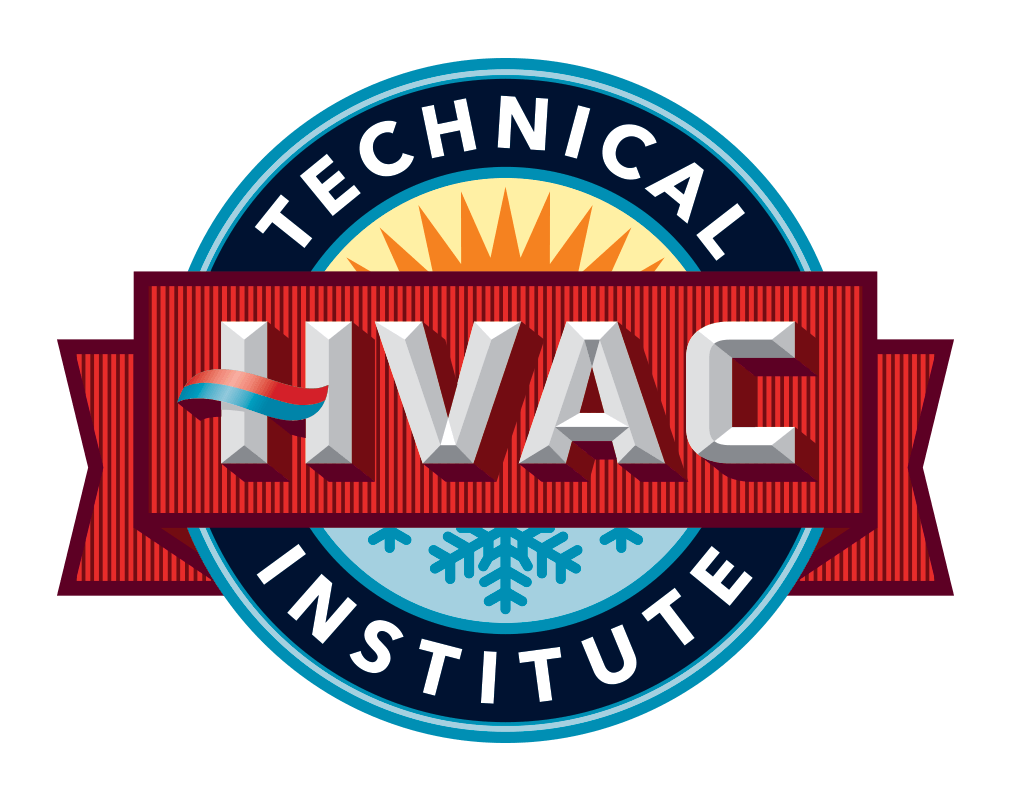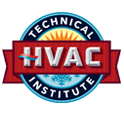AN HVAC TECHNICIAN’S GUIDE TO HEALTH | HVAC TECHNICAL INSTITUTE
How can you stay healthy as a new HVAC technician? If you’re ready to enter the workforce, illness protection and prevention is crucial—especially if you work in close contact with other technicians, in a crowded environment, or in the residential setting. Before you start your first job, take a look at what you need to stay safe and healthy.
TALK TO YOUR EMPLOYER
What policies does your employer have to protect you and other workers? Injuries and illnesses in the workplace are major issues for employers in every sector — including the HVAC field. If you work in close contact with other employees, have to enter customer’s homes regularly, or work near your customers, ask your employer:
- What are the company’s sick employee policies? Your employer may have specific sick policies for employees who are ill or become ill on the job. These may include self-reporting symptoms daily or staying home when sick.
- What are the company’s sick customer policies? While the company may not have a set, written policy about sick customers, they may provide guidance for employees on how to handle this type of situation.
- How will the company protect you? Does the employer provide protective equipment, such as face masks or shields and gloves or should you supply your own? These items can reduce the spread of illness and reduce the risks of viral or other infections.
The extent of your employer’s illness prevention and protection policies may depend on the workplace itself. Companies that routinely work in higher-risk settings (such as medical centers or hospitals) or those that require employees to work in close contact may have comprehensive or strict policies.
USE PROPER PERSONAL HYGIENE PRACTICES
Personal hygiene practices, such as covering a sneeze/cough or washing your hands, can help to keep you (and your co-workers or customers) healthy. According to the U.S. Centers for Disease Control and Prevention (CDC), hand washing can reduce or prevent the spread of respiratory diseases.
Ideally, you should wash your hands with soap and running water for at least 20 seconds after using the restroom, touching a contaminated surface, coughing/sneezing, or eating. Even though hand washing is a simple way to decrease the spread of disease, it isn’t always possible on the job. While you might not have access to soap and running water, you can still protect yourself. When you’re at work:
- Use hand sanitizer. Even though soap and running water is preferable, hand sanitizer (with alcohol as the main ingredient) can work in a pinch. Always use hand sanitizer carefully. Wait for your hands to dry before touching another surface and never ingest the product.
- Use wipes. Baby wipes won’t destroy the germs on your hands, but they can help to remove them from the surface. If you have no other option, wash your hands with wipes. Scrub the backs and fronts of your hands, under the nails, and in between the fingers.
- Alcohol pads. Again, this method isn’t ideal. But if you have no other option, alcohol prep pads are a way to disinfect your hands. These may dry your hands if overused.
- Wear gloves. You can reduce the number of times per day you need to wash your hands if you wear latex or thick loves when you touch shared surfaces (such as tools, a customer’s HVAC system, the pen a customer uses to sign a work order, or a customer’s home).
Along with hand washing and similar measures that keep you healthy, think about the ways you can help your co-workers or customers safe. These may include added hand washing (before you touch surfaces), covering your mouth with your elbow when you sneeze/cough, or wearing a face mask/face covering.
KEEP YOUR DISTANCE
Even though you may not have heard of the term social distancing a year ago, by now almost everyone knows about the six-foot rule. According to the CDC, social distancing is one way to slow the spread of viral infections. The farther you physically stand away from another person, the less likely it is that their respiratory droplets will contact your skin or enter your mouth, nose, eyes, ears, or lungs.
As a new HVAC technician, to social distance on the job:
- Leave space between yourself and your co-worker. Do you need to work on a heater or AC system with another technician? When possible (and safety permitting), remain at least two arms’ length away from each other.
- Give your customers space. Take a step back during customer interactions. Maintain six feet away from your customer when you discuss estimates or other aspects of the job. If you need to hand the customer a contract, set it down on a surface and step back as they sign the document.
- Pay attention to your surroundings. Do you need to work outdoors or in a public space? Even though your attention is on the heater or AC system, remain aware of people walking nearby.
Continue social distancing practices when you enter your workplace office or warehouse—even if your co-workers appear healthy.
Are you ready to start a new career in the HVAC field? Contact HVAC Technical Institute for more information.


